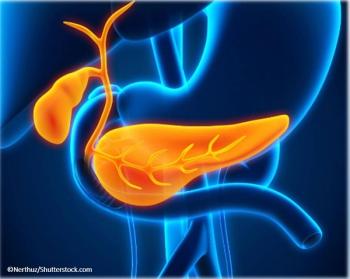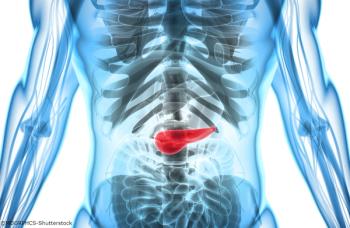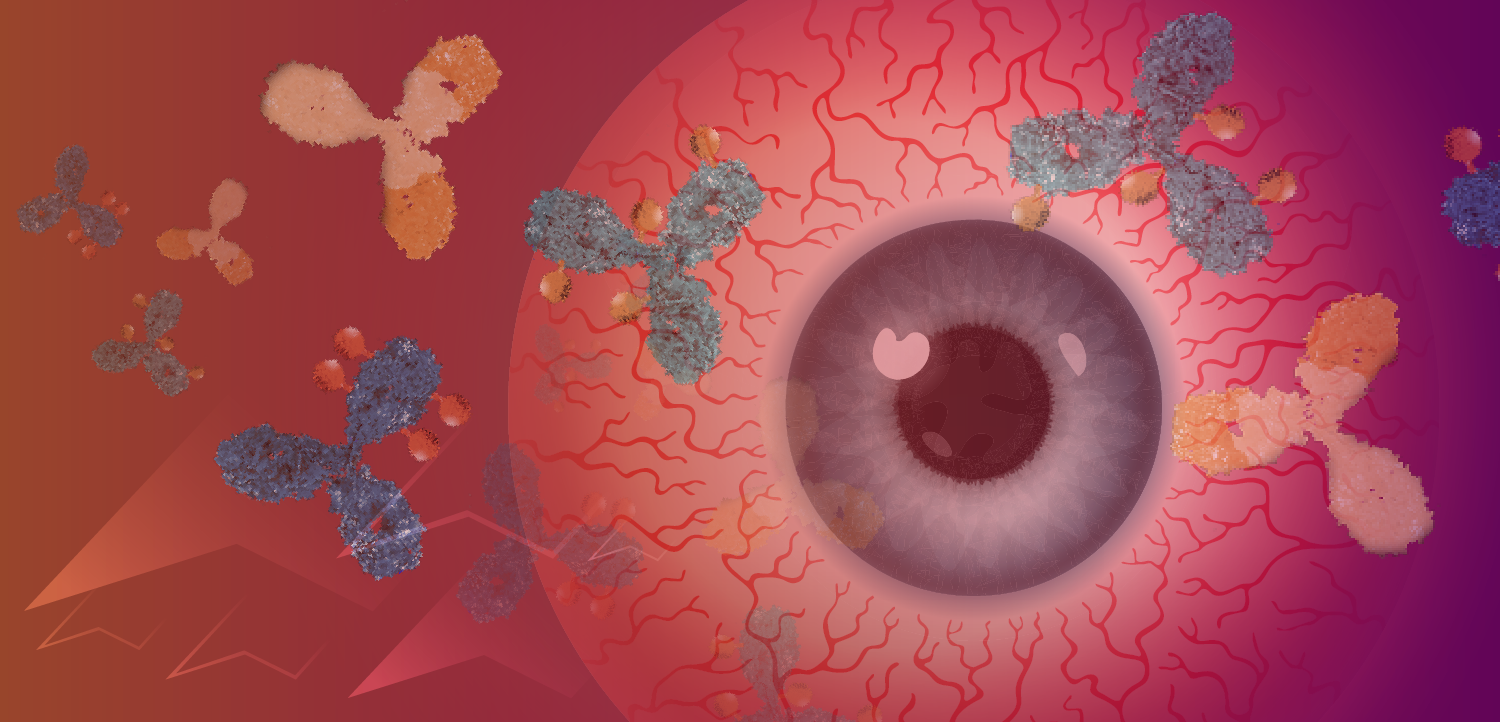
Higher Vitamin D Levels Linked to Improved Colorectal Cancer Survival
Increased levels of vitamin D were associated with improved overall survival rates in metastatic colorectal cancer patients treated as part of CALGB/SWOG 80405.
Increased concentrations of 25-hydroxyvitamin D were associated with significantly improved overall survival rates in a group of patients with metastatic colorectal cancer treated as part of the phase III Cancer and Leukemia Group B (CALGB)/Southwest Oncology Group (SWOG) 80405 trial.
Kimmie Ng, MD, MPH, of Dana-Farber Cancer Institute, presented results from the trial (
“Higher vitamin D levels were associated with a significantly improved overall and progression-free survival, and this association persisted across all subgroups examined and even after adjusting for multiple prognostic factors,” Ng said. “A phase II randomized trial to evaluate the impact of vitamin D in conjunction with chemotherapy is currently ongoing.”
According to Ng, previous research has shown that vitamin D inhibits cell proliferation and angiogenesis and induces cell differentiation and apoptosis, as well as having anti-inflammatory effects.
In a 2008 study
In the current analysis, Ng and colleagues evaluated 1,043 patients from the CALGB/SWOG 80405 trial, which randomly assigned patients to chemotherapy plus bevacizumab, cetuximab, or both. Plasma vitamin D levels were measured at baseline by radioimmunoassay, and information on dietary and lifestyle behaviors were collected from patient questionnaires.
The mean vitamin D concentration among the patients was deficient, at a level of 17.2 ng/mL. Patients were divided into quintiles based on vitamin D levels, with the median vitamin D value in the highest quintile being 27.5 ng/mL and 8.0 ng/mL in the lowest quintile.
“Patients with vitamin D levels in the highest quintile had a significantly improved overall survival compared with patients in the lowest quintile with a median overall survival of 32.6 months compared with 24.5 months,” Ng said.
The researchers saw a similar trend for progression-free survival, with a median survival of 12.2 months for patients with the highest vitamin D levels compared with 10.1 months for those with the lowest levels.
“A concern often raised is that higher vitamin D levels may be acting as a surrogate for other healthy behaviors or more favorable disease,” Ng said. “One of the benefits of working with a cohort such as CALGB 80405 is that we had access to very detailed patient and tumor information, as well as data on diet and lifestyle factors, which allowed us to perform a multivariable analysis that adjusted for potential confounding factors.”
In the multivariable analysis, patients with the highest levels of vitamin D had a 35% improvement in overall survival (hazard ratio [HR] = 0.65; 95% confidence interval [CI], 0.51–0.83; P = .001) and a 21% improvement in progression-free survival (HR = 0.79; 95% CI, 0.63–0.99; P = .01) compared with patients with the lowest levels.
A subgroup analysis of overall survival showed that the benefit of higher vitamin D levels was consistent across all subgroups examined.
The data showed that men, black patients, those living in the Northeast, and patients with low dietary and supplemental vitamin D intake, an Eastern Cooperative Oncology Group (ECOG) performance status of 1, a RAS mutation, a higher body mass index, lower physical activity, and blood draw during the winter and spring had significantly lower levels of vitamin D.
Newsletter
Stay up to date on recent advances in the multidisciplinary approach to cancer.
















































































